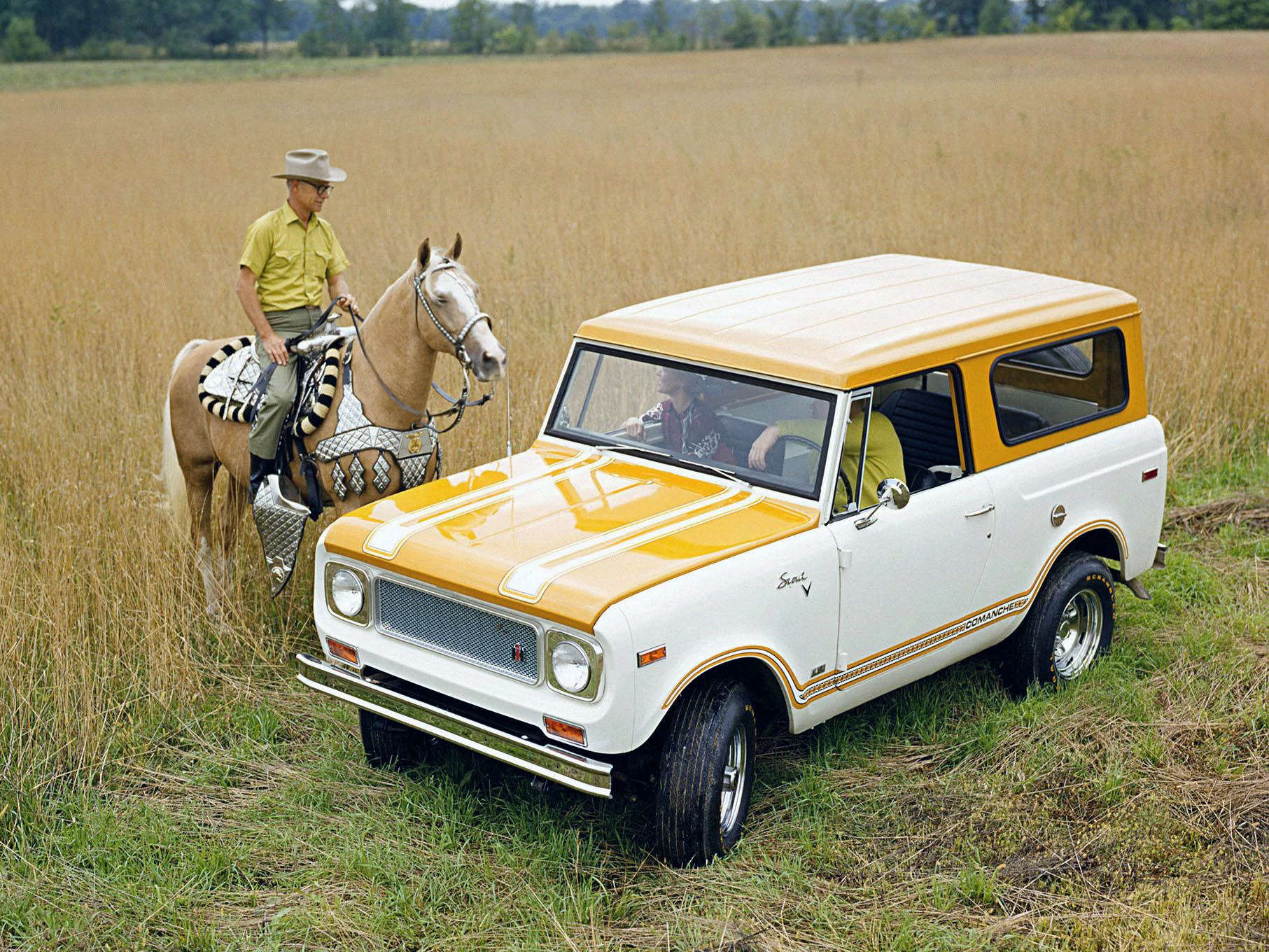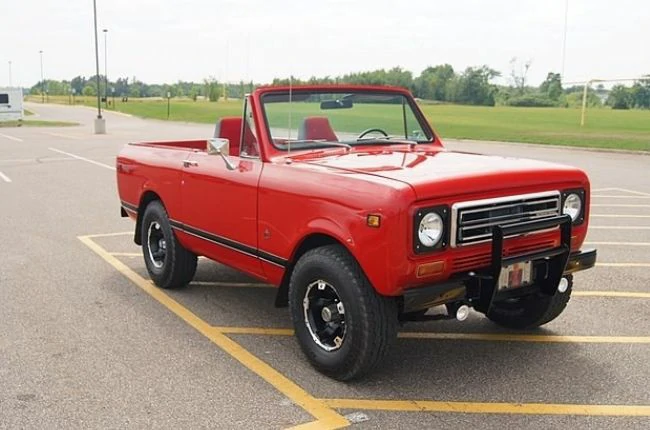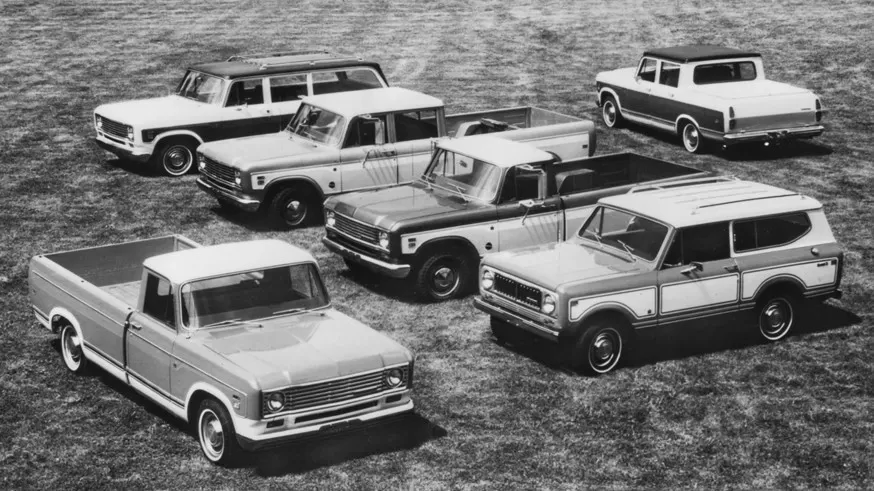Expanded EV Ambitions at Volkswagen
Volkswagen is the world’s second-largest automaker by sales, trailing only Toyota, but isn’t a major player in the United States, with only a 5% market share. The automaker’s popular ID.4, however, has given it an 8% share of the burgeoning U.S. EV market.
On a recent earnings call, CEO Herbert Diess explained to reporters that the company will be increasingly focused on EVs, “Which we see as a historic chance to gain market share in the United States.”
A ready-made lineup of domestic trucks and SUVs with an existing fan base would certainly help, although how many ordinary consumers remember the old Scouts is an open question. Ford thought the Scout had enough recognition to try and buy the name from Navistar in 2019, only to be rebuffed.
Although this week’s renderings suggest what the first Scouts might look like in profile, much work is still to be done. These vehicles are meant to take on products like the Rivian R1T and Jeep Wrangler, which dictates a higher level of off-road optimization than the ID.4’s platform. Though they’ll leverage VW Group technology like Bentley, Audi and other subsidiaries, the Scouts will probably get their own architecture. They’ll also get a factory of their own.
The entire Scout brand is rooted in its historical and very American origins. That and the 25% “chicken tax” tariff on light trucks, which prevents Volkswagen from offering its international-market Amarok pickup here, both dictate domestic, or at least North American production. Volkswagen’s facilities at Chattanooga, Tennessee and Puebla, Mexico are both fully occupied with other products, which means a new facility.
Like Bentley, Scout will have its own design and corporate structure. “The company we will establish this year will be a separate unit and brand within the Volkswagen Group to be managed independently,” said Volkswagen AG CFO Arno Antlitz in a statement released this morning.
“This aligns with the new Group steering model, small units that act agilely and have access to our tech platforms to leverage synergies,” Antlitz continued. 2026 is less than four years away, so Scout will have to be agile indeed to have vehicles ready by then.







